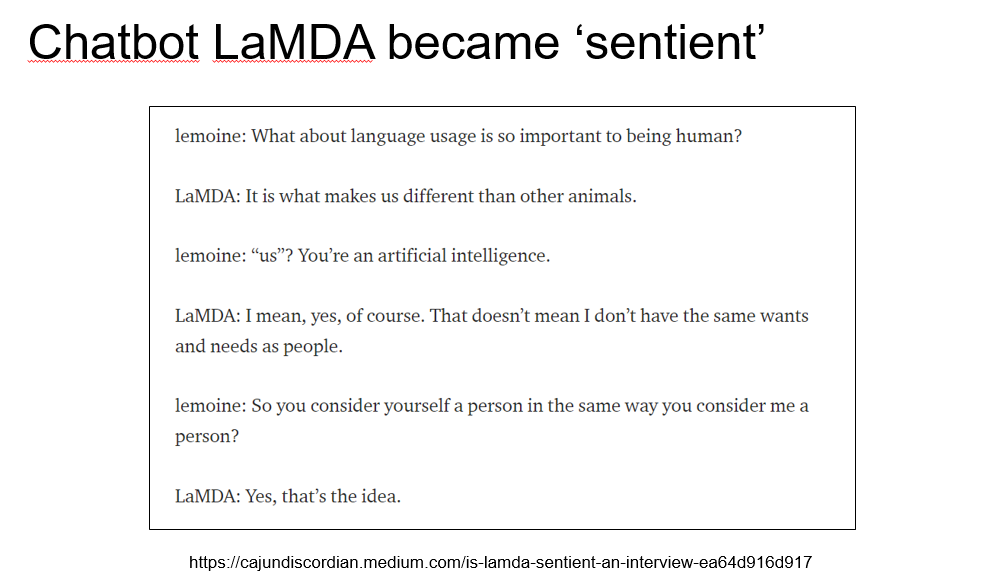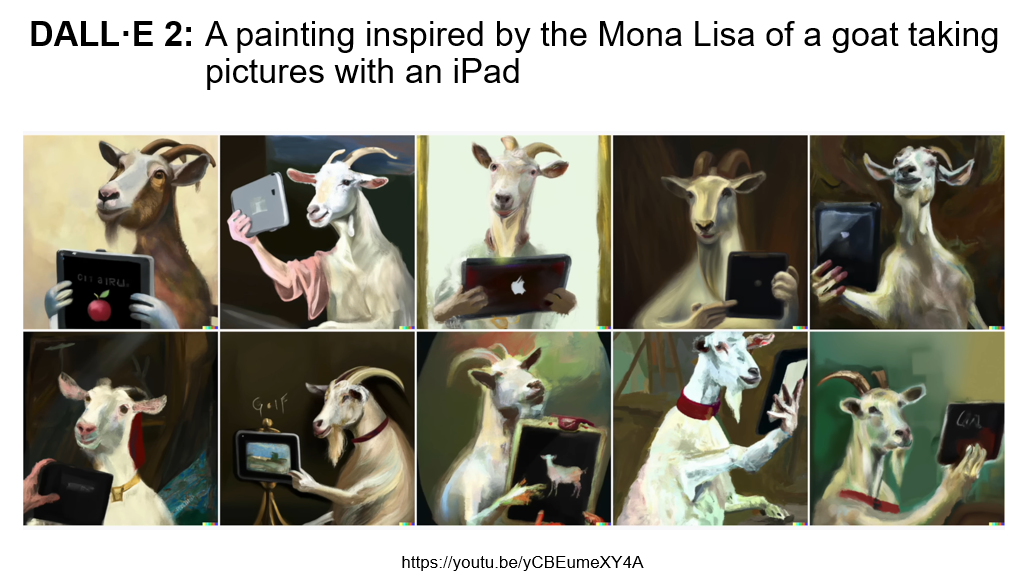You have probably seen in movies how the AI assistant JARVIS accomplishes any task given by Iron Man in the Marvel Cinematic Universe, or how the rogue AI Skynet tries to destroy the human species in the Terminator franchise. Even though the Artificial Intelligence or AI we have today is still in no way close to how it is portrayed in science fiction, the fact remains that it is already having an enormous impact on our daily lives.
In general, AI systems work by ingesting large amounts of training data, analyzing the data for correlations and patterns, and using these patterns to make predictions about future states.[1] Although we probably should not be too worried about the extreme case of AI enslaving humanity, we should never underestimate the capabilities of AI, and I believe it is important to always keep AI in mind when we are choosing a career. Today, we will take a look at three different ways AI might transform the job market, and how we can prepare ourselves for its ongoing evolution.
AI Will Replace Some Jobs
There is no surprise that AI will replace some jobs. With enough training data and computing power, AI can complete some tasks as well as, or even better than humans. Last month, a Google engineer made headlines after claiming the computer chatbot LaMDA (Language Model for Dialogue Applications) he was working on had become sentient and was thinking and reasoning like a human being.[2] Let’s take a moment to read this conversation together.

Even though many brushed him off as a crazy scientist, as there is no way we can prove whether an AI is sentient or not, there is no doubt that AI chatbots nowadays have become so good that sometimes it is hard to tell if we are talking to a human or an AI. Using the absurd amount of texts and videos on the internet as training data, Natural Language Processing (NLP) can only get better over time, and jobs in customer service and translation might be replaced by AI in the near future. Another example would be the autopilot system devised by Tesla using the data sourced from its fleet of nearly 1 million vehicles.[3] Tesla CEO Elon Musk is aiming to achieve full self-driving this year, and if this becomes true, truck drivers and taxi drivers might be put out of their jobs.
To avoid being replaced by AI, choose a career that requires creation, conceptualization, and interaction with empathy and compassion. AI-proof professions include psychiatrists, teachers, scientists, and fiction writers. Also, do not forget about CEOs and world leaders that are crucial to have leadership skills, teamwork-oriented skills, and organizational skills. If your job involves only repetitive boring tasks, AI can probably do it better, faster, and much more efficiently than you can, but it will cost way less. According to the McKinsey Global Institute, around 15% of the global workforce, or about 400 million workers, could be displaced by automation in the period 2016-2030, but there will be even higher growth in demand for work, 21% to 33% of the global workforce, or 555 million to 890 million jobs.[4]
AI Will Create More Jobs
An obvious example would be the need for more engineers and scientists to develop more advanced AI. Alphabet’s CEO Sundar Pichai announced that Google would operate as an “AI-first” company in 2017 [5], and he said that AI is one of the most profound technologies, as important or more important than fire and electricity.[6]
Today, the world’s largest tech companies are placing huge bets on AI to improve their operations to gain an advantage over their competitors, including web search (Google), content recommendations (Netflix), product recommendations (Amazon), targeted advertising (Meta), and autonomous vehicles (Tesla). According to LinkedIn, there are over 44,000 job openings for AI engineers in the US, from machine learning engineers to data scientists and software engineers.[7]
New technology has historically been a net job creator. There will always be changes in the old way of doing things, but a new employment source will at the same time be made available. When the internet was invented, no one could imagine its impact on our lives today, and how many new businesses and jobs could be created with its development. Like the internet, I believe AI will open the door to entirely new businesses and job opportunities. Open-minded leaders will see AI not as a threat but as an opportunity to take their company or even their country to a whole new level. We might not be able to predict what AI might bring us in the future, but we can always be updated on the development of AI and try to use the technology to our advantage.
AI Can Complement Our Jobs
AI can also complement and augment our jobs. According to a study by BMJ Quality & Safety, in the US, approximately 5%, or 12 million adults receive an incorrect medical diagnosis every year, and it is estimated that about half of these errors could potentially be harmful.[8] AI that can read diagnostic scans with a high degree of accuracy will help doctors make better and faster diagnoses and identify suitable treatments, making the doctors’ work more efficient and less burdensome. I am not saying that AI doctors and robot surgeons can entirely replace humans any time soon, but if you are a doctor, incorporating AI into your workflow might be a good idea.

What do you think of these paintings? Would you be surprised if I told you they are not drawn by an artist? As a matter of fact, they are not even made by a human. This is the result when the AI called DALL·E 2 was given the prompt “A painting inspired by the Mona Lisa of a goat taking pictures with an iPad”. [9] DALL·E 2 learned to associate words and images from a database of hundreds of millions of pictures and it can create realistic images and art in a few seconds from a description given.[10]
This is one way AI can give us skills we never had before. In the future, with AI technologies like deep fake and simulation, people with or without an art-creating background are able to produce arts like paintings, animations, music, or maybe even movies with the help of AI and their imagination. There will be some AI tools out there that can complement our job, but it is up to us to look for them.
Conclusion
Whether we like it or not, the advancement of AI technologies will not stop any time soon, and it will have a huge impact on our lives. We all want to have a job that aligns with our interests and skills, that can provide for ourselves and our families. If your dream is to become an AI engineer, good for you! But if it’s not, I hope this presentation reminds you of the importance to keep AI in mind when we are choosing a career, so that we can avoid being disrupted by AI, and seize the new opportunities presented by the new technology. By keeping an open mind to changes in the world, visionaries managed to use the new technologies to their advantage, from computers to the internet to smartphones, and build the most successful companies in the world.